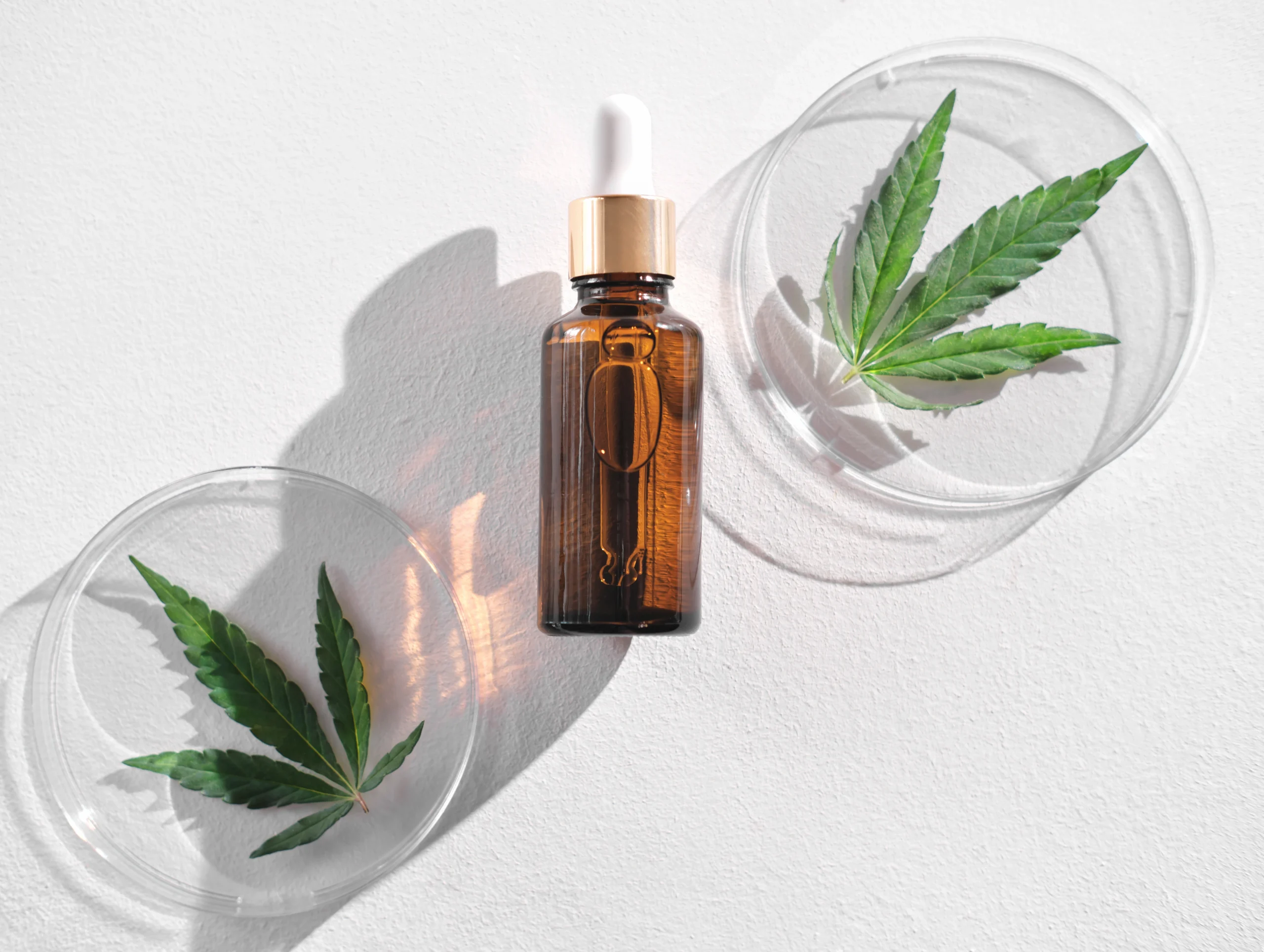- 27 Oct 2025

If you’ve ever shopped for natural wellness products, chances are you’ve stumbled upon both hemp oil and CBD oil. While they might sound similar and even come from the same plant, they’re far from identical. Knowing the difference can help you make informed choices, whether you’re looking for nutritional supplements or a remedy for specific health concerns.
Let’s unravel the distinctions and benefits of each so you can decide which one suits your lifestyle best.
Hemp oil, also called hemp seed oil, is extracted from the seeds of the hemp plant. It’s produced through a cold-pressing process, similar to how olive oil is made. The seeds are packed with nutrients but contain no cannabinoids like CBD or THC, which are found in other parts of the plant.
Hemp oil is a powerhouse of essential fatty acids like omega-3 and omega-6, along with vitamins and minerals. Its uses are broad, spanning culinary, skincare, and industrial applications. For instance:
CBD oil, short for cannabidiol oil, is derived from the flowers, leaves, and stalks of the hemp plant. Unlike hemp oil, CBD oil is rich in cannabinoids—compounds that interact with the body’s endocannabinoid system to regulate various physiological functions.
CBD oil is typically extracted using advanced methods like CO2 extraction to ensure purity and potency. It’s widely used for its potential therapeutic benefits, which include:
Understanding the differences between hemp oil and CBD oil is essential to choosing the right product. Let’s dive into the specifics:
1. Source of Extraction
Hemp oil comes solely from the seeds of the hemp plant, while CBD oil is extracted from the flowers, leaves, and stalks. The seeds lack cannabinoids, which means hemp oil does not contain CBD or THC.
2. Composition
Hemp oil is rich in nutrients like fatty acids, vitamins, and proteins. CBD oil, on the other hand, contains cannabinoids such as CBD, and sometimes trace amounts of THC depending on the product type.
3. Purpose
Hemp oil is primarily used for nutritional or cosmetic purposes, while CBD oil is sought after for therapeutic applications such as pain relief, anxiety reduction, and anti-inflammatory properties.
4. Legal Status
The legality of hemp oil is universal since it contains no cannabinoids. CBD oil’s legality depends on its THC content and local regulations, which can vary between countries and states.
Hemp oil shines in the health and wellness sphere due to its impressive nutritional profile. It’s loaded with:
CBD oil is renowned for its therapeutic potential. Some of its most notable CBD Oil benefits include:
Conclusion
While hemp oil and CBD oil both originate from the hemp plant, they cater to entirely different needs. Hemp oil is perfect for nutrition and skincare, while CBD oil offers targeted relief for various health concerns. Choosing between the two comes down to your specific goals and understanding what each product offers.
1. Can hemp oil and CBD oil be used interchangeably?
No, they serve different purposes. Hemp oil is primarily nutritional, while CBD oil is used for therapeutic effects.
2. Does hemp oil contain any CBD?
No, hemp oil is extracted from seeds, which do not contain CBD.
3. Are there psychoactive effects in either hemp oil or CBD oil?
Neither hemp oil nor CBD oil will cause a high, as they lack significant amounts of THC.
4. Which is better for pain relief, hemp oil or CBD oil?
CBD oil is better suited for pain relief due to its interaction with the endocannabinoid system.
5. How can I tell if a product is genuine?
Look for third-party lab testing, clear labeling, and verified reviews to ensure authenticity.